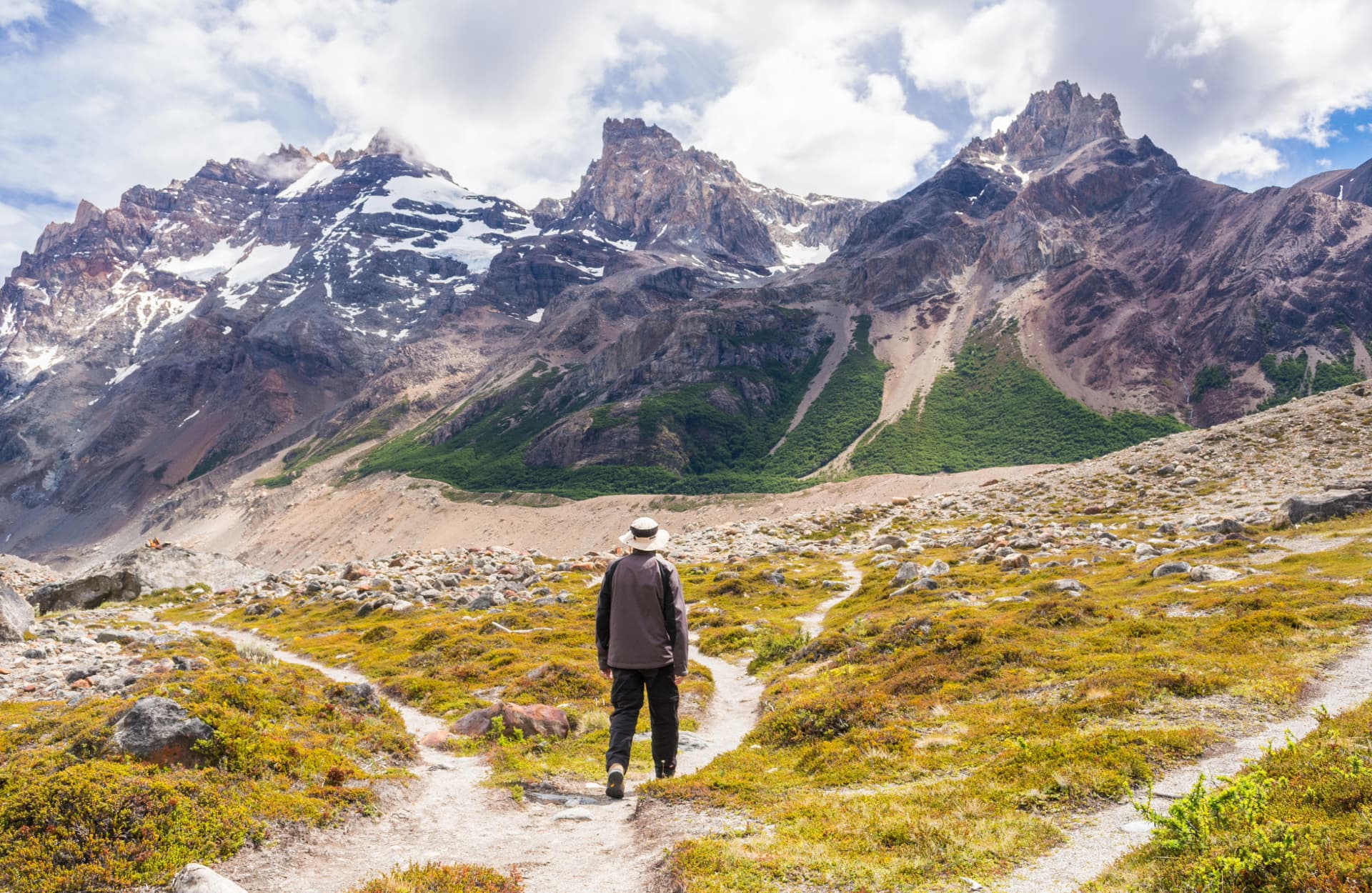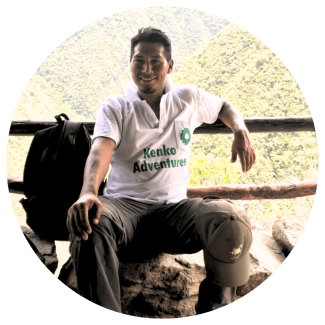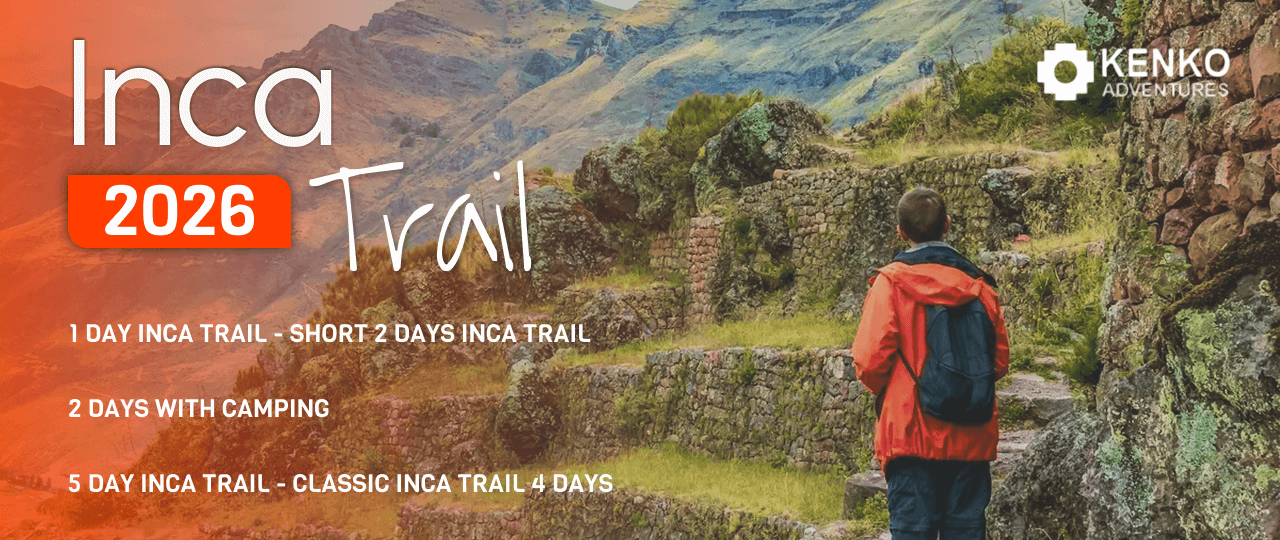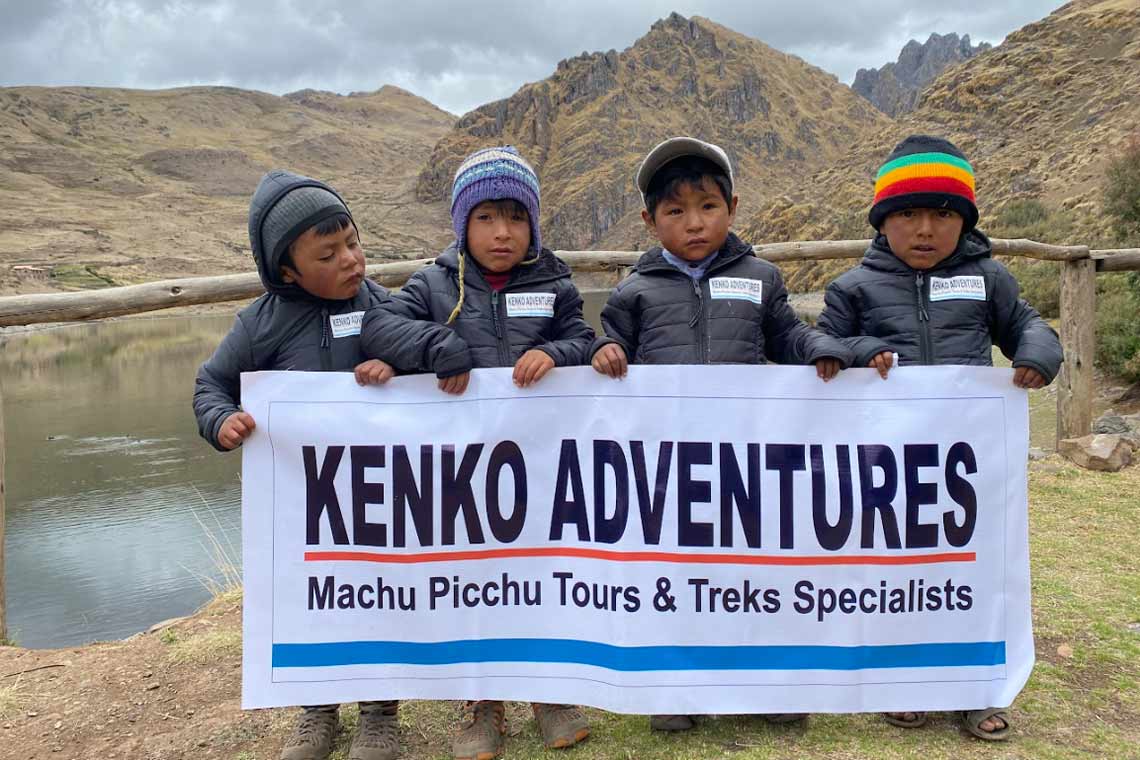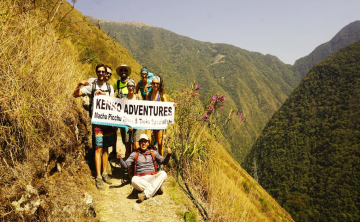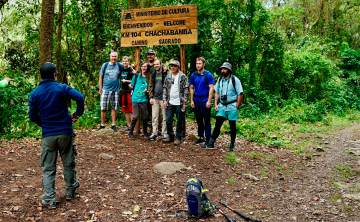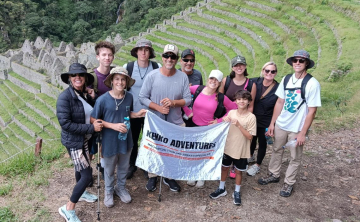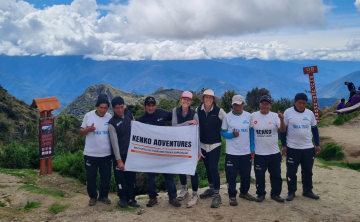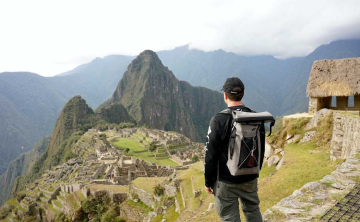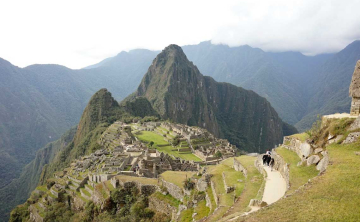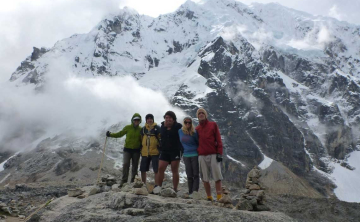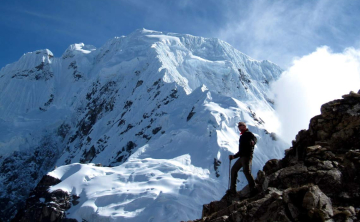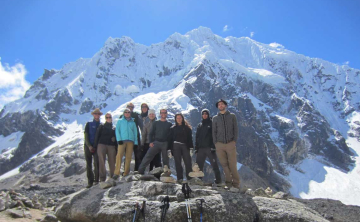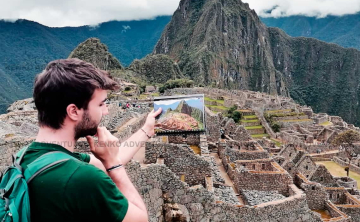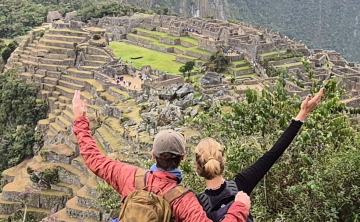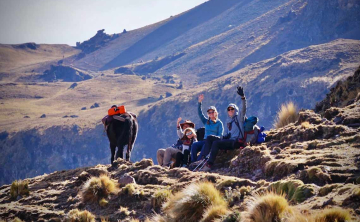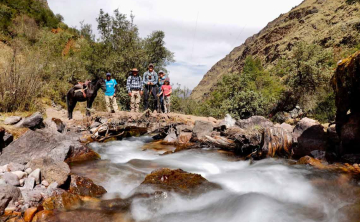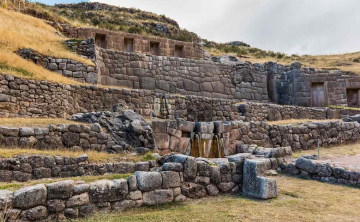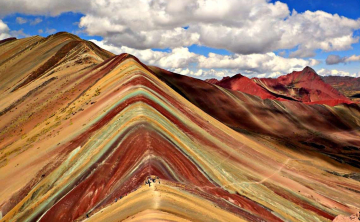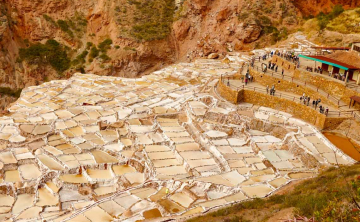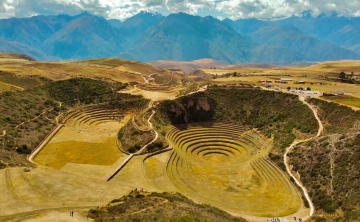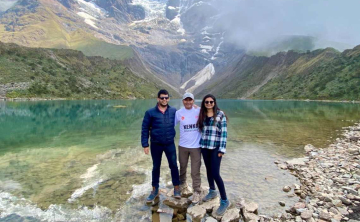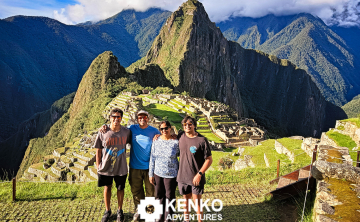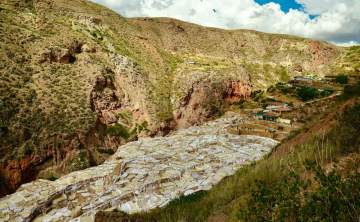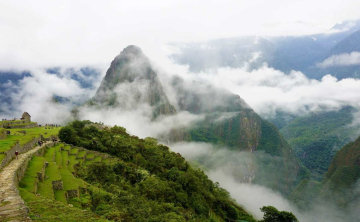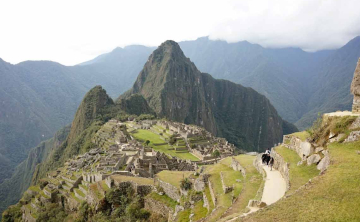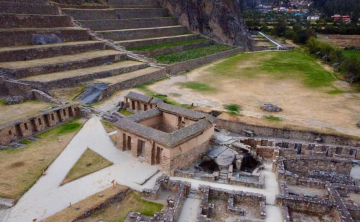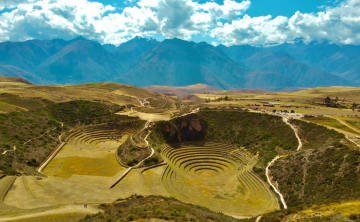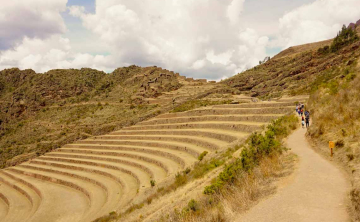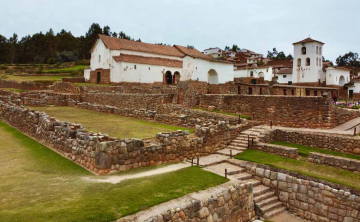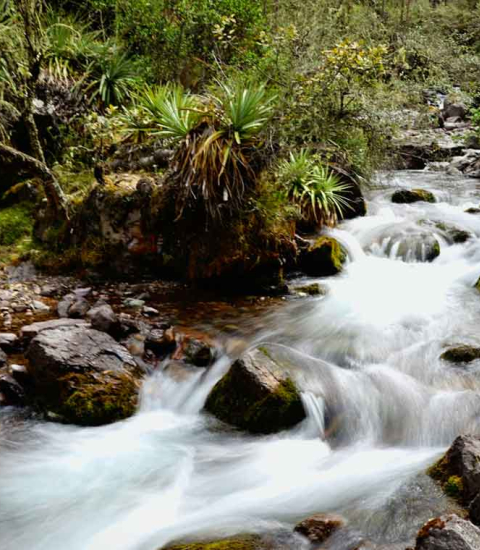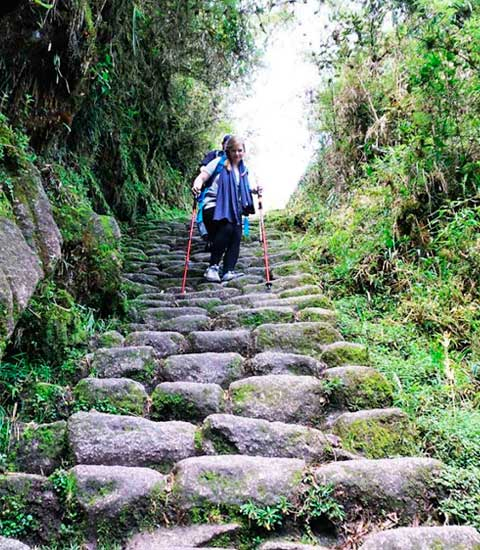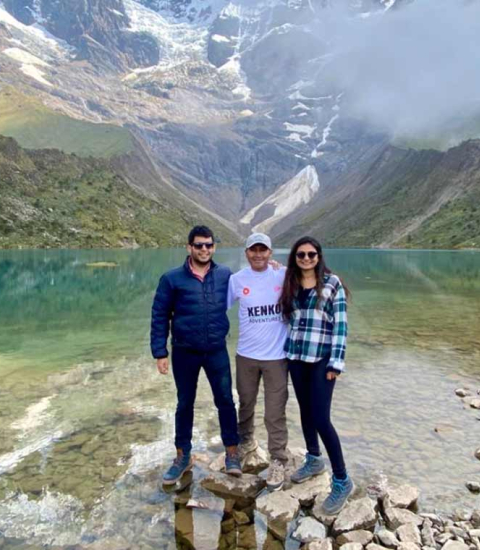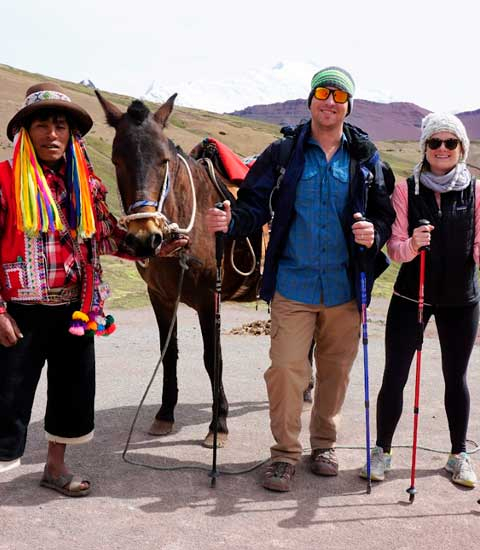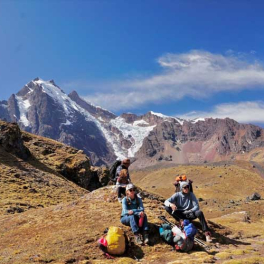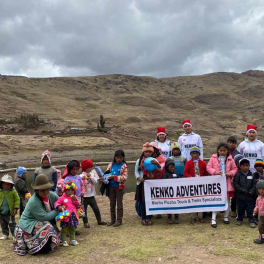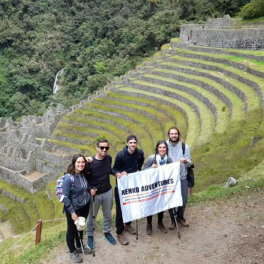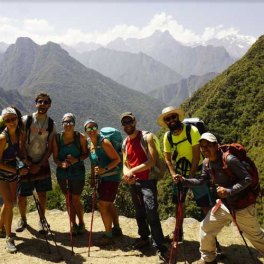The Many Ways to Reach Machu Picchu
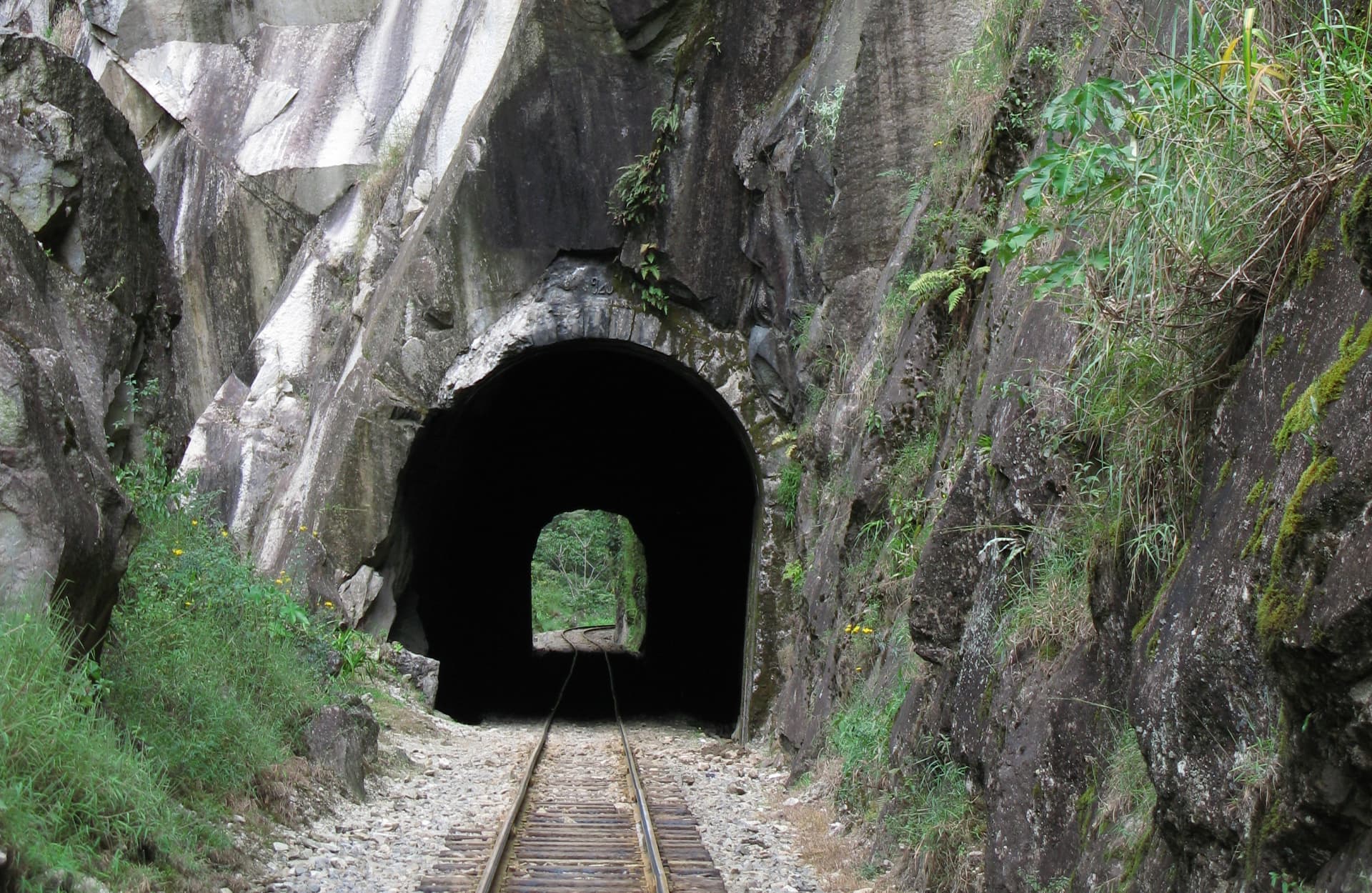
Machu Picchu, perched high upon a mountainside in the Sacred Valley, makes it impossible to simply drive there. Instead, your path to or from this ancient wonder will involve taking a train to/from Aguas Calientes (also known as Machu Picchu Pueblo) ÔÇô a town that has blossomed around the station at the base of the valley.
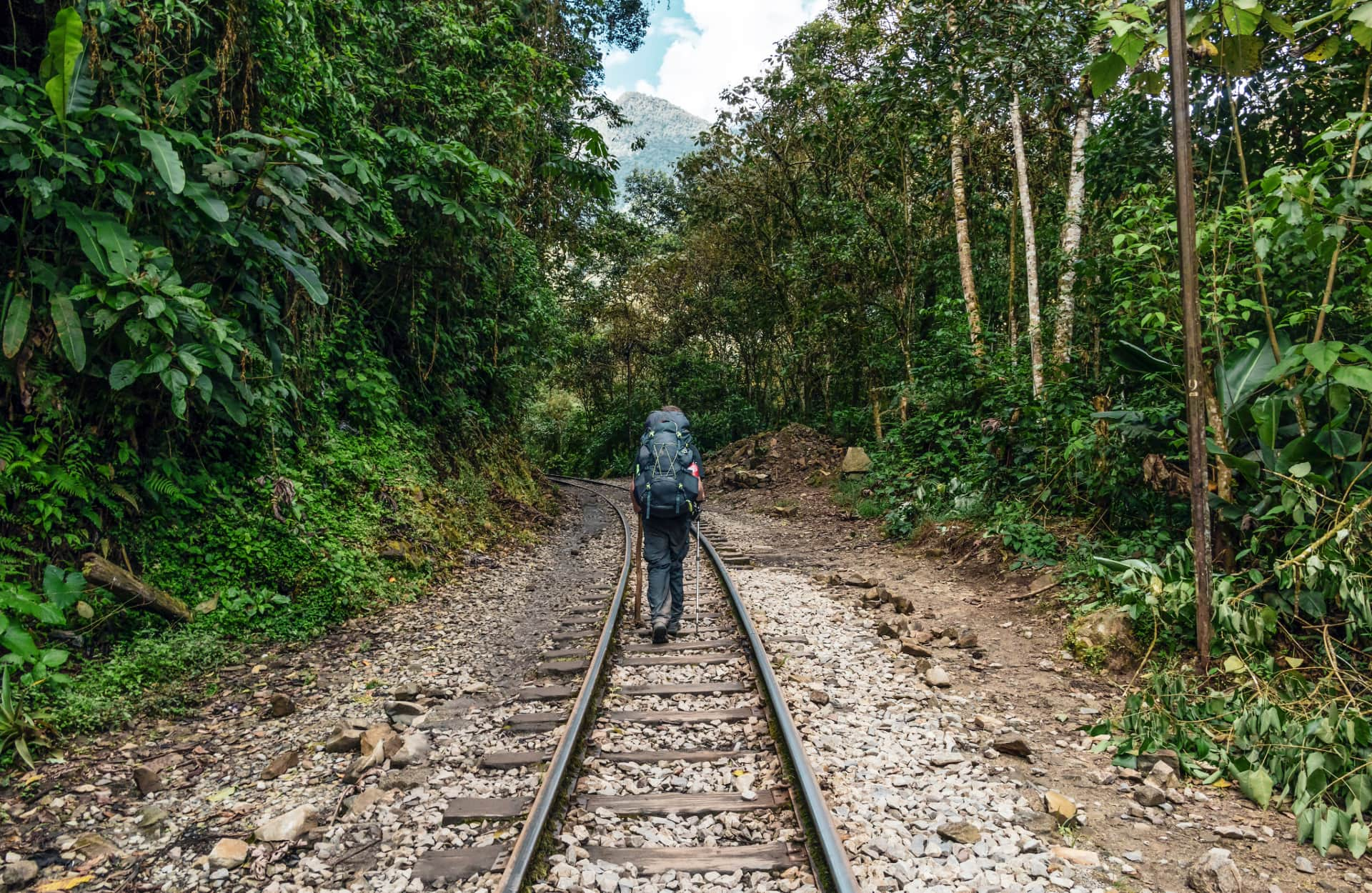
Going by a Train Ride
The most straightforward approach is to take a train from Cusco, hugging the floor of the Urubamba Valley, and then hop on a bus that will whisk you up to the entrance of the ruins. Alternatively, from the Aguas Calientes station, you can opt for a strenuous yet rewarding hike up to Machu Picchu ÔÇô be prepared for a 90-minute to two-hour trek.
Among the options that we handle to tour to Machu Picchu while enjoying a laid-back train ride we have the following:
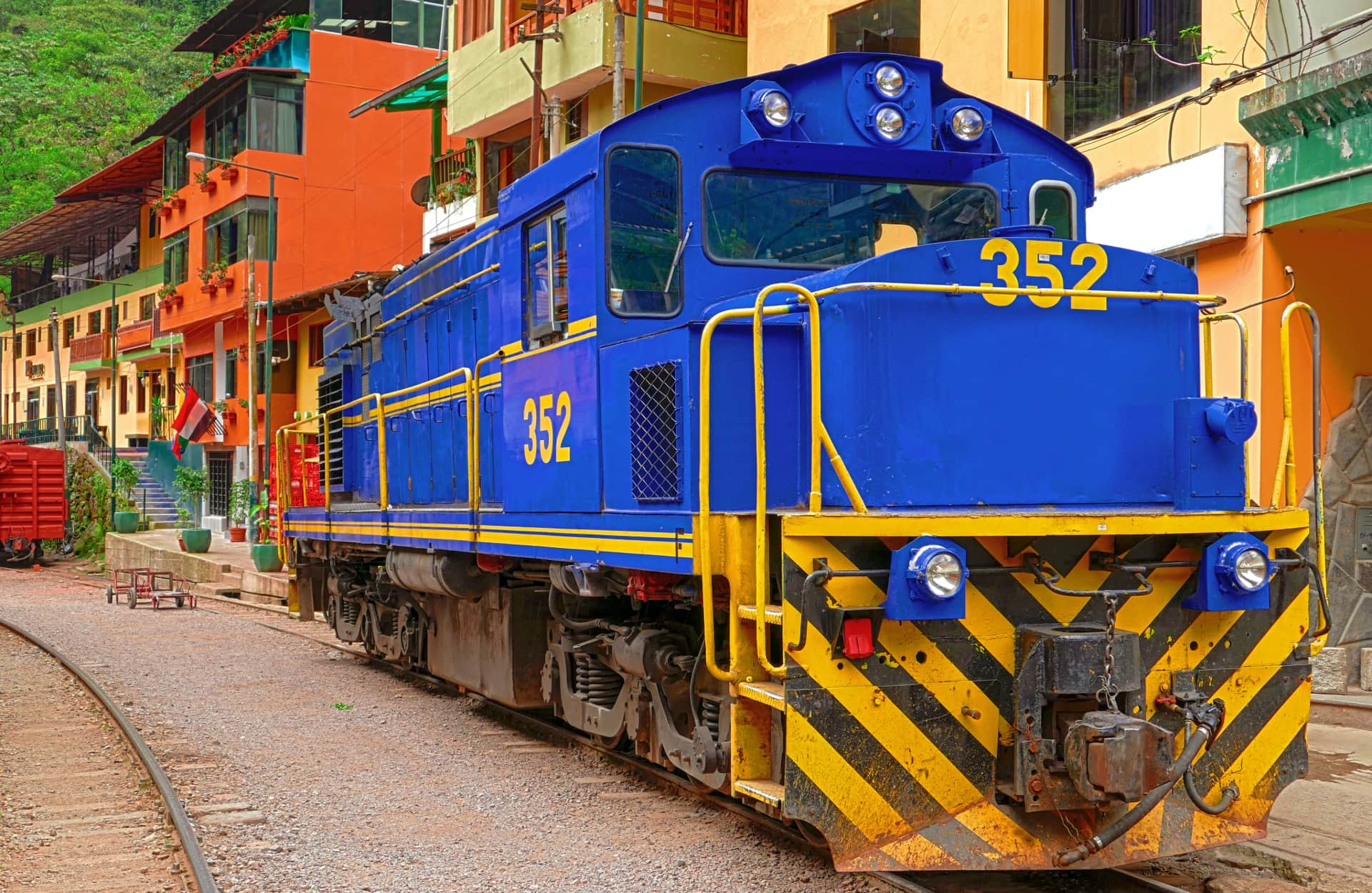
The Classic Inca Trail Trek
Those with more time on their hands tend to choose the iconic 24- or 26-mile Classic Inca Trail trek ÔÇô the distance depends on which of the two trailheads you begin from.
Either way, this is a demanding four-day journey that can be compressed into three days or truncated to two in the short Inca Trail Tour if you disembark the train at Km104 and follow the Sacred Inca Trail to Machu Picchu.
But why rush when there are so many scenic and archaeological marvels ÔÇô such as Phuyupatamarca and Wi├▒ay Wayna ÔÇô to explore along the way?
On the final morning of the trek, many groups pause to witness the sunrise over Machu Picchu from the Sun Gate (Inti Punku), but you can beat the crowds by pressing on past this point and witness the light slowly illuminate the ruins from an up-close vantage point.
Check the many touring packages that Kenko Adventures has arranged for you!
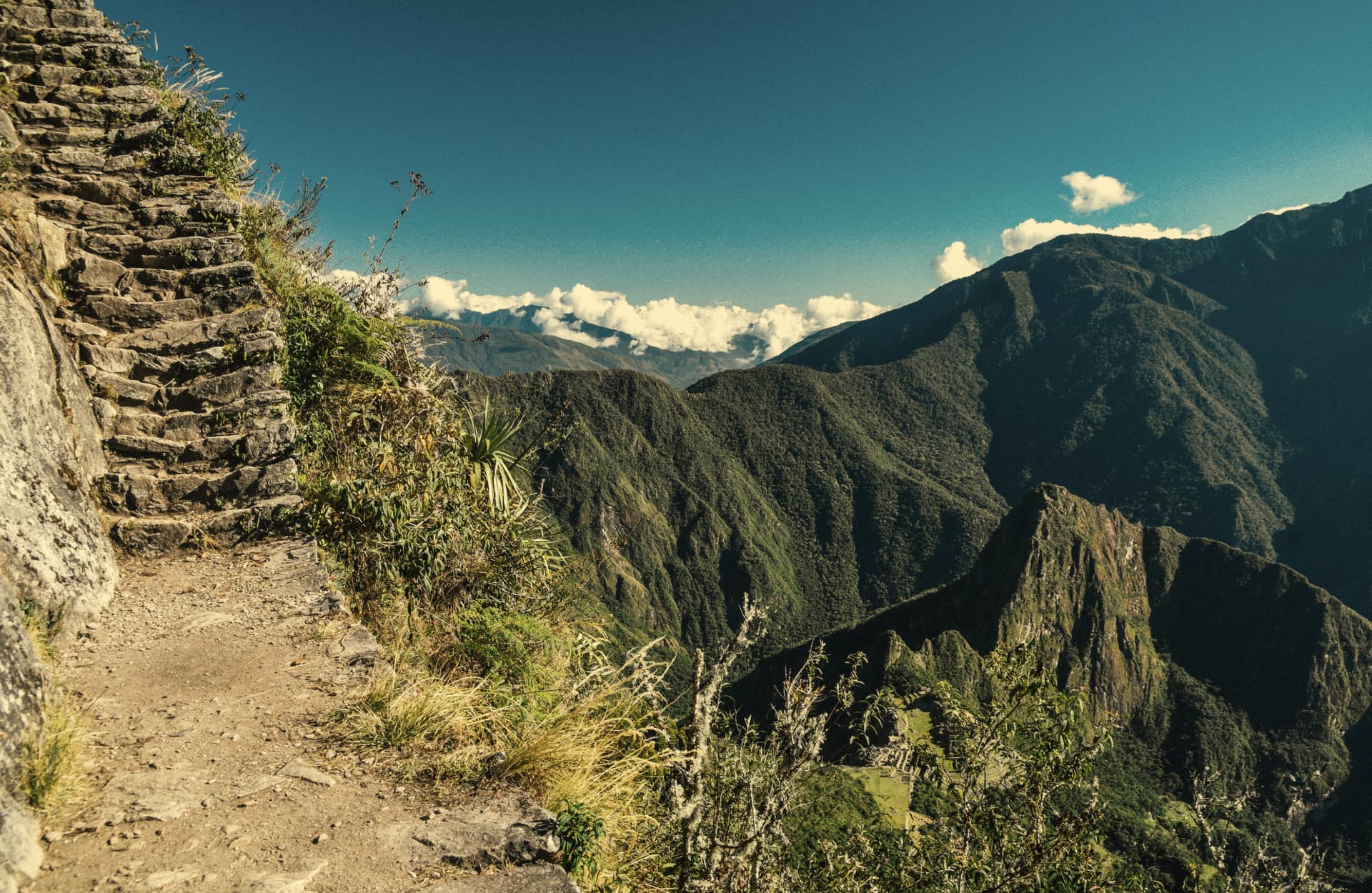
Alternative Trekking Routes
Two other options with a similar duration as the classic route are the Lares and Salkantay treks.
You'll undoubtedly encounter fewer fellow trekkers on this path compared to the Classic Inca Trail. Last but not least is a circular route featuring a bus journey from Cusco to the village of Cachora, followed by seven days of trekking that links the spectacular Inca site of Choquequirao in the Salkantay range with Machu Picchu via a string of peaks and ruins. This trek, however, requires a higher level of fitness than the other routes to Machu Picchu ÔÇô not least the grueling 1,500-meter ascent from the Apurimac River to 'The Cradle of Gold'.
As for the alternative pathings that you can go through with Kenko Adventures are the following:
